
by radiocafe | Jan 6, 2025 | Down to Earth, Environment, Food & agriculture
Ducks Unlimited works with farmers and ranchers across the American continent to help them reach their land health goals—while protecting wildlife, promoting sustainability, and sequestering carbon.
Learn more …
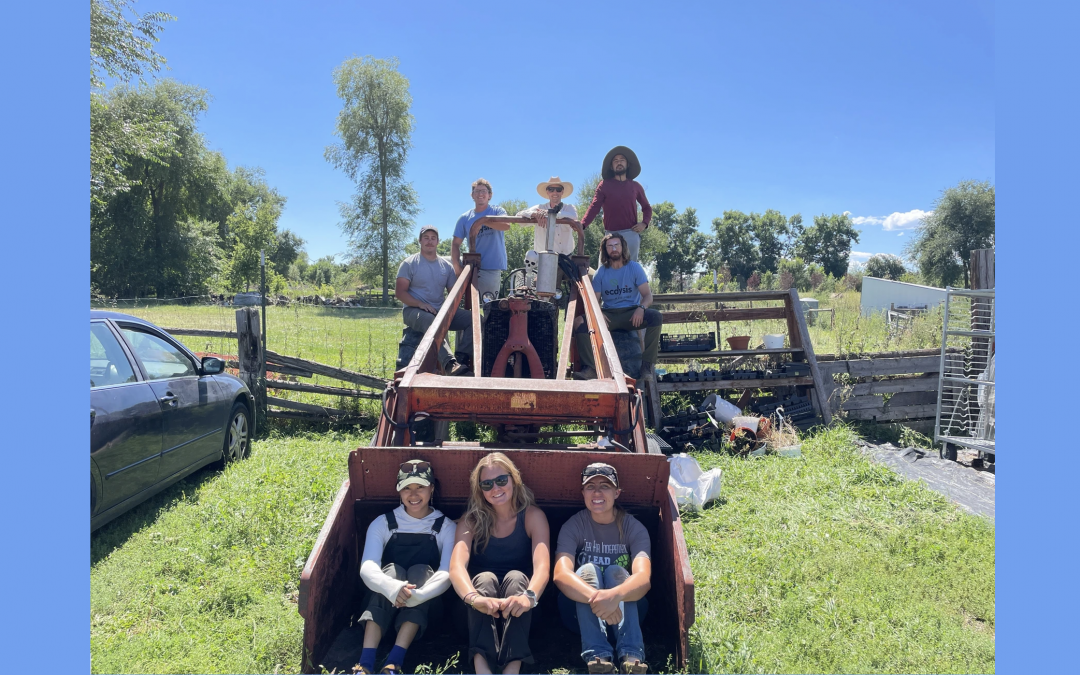
by radiocafe | Dec 2, 2024 | Down to Earth, Environment, Food & agriculture
Scientist and farmer Jonathan Lundgren is helping to change the paradigm of agricultural science to one that expands the measures success to include the regeneration of land and health of people.
Learn more …
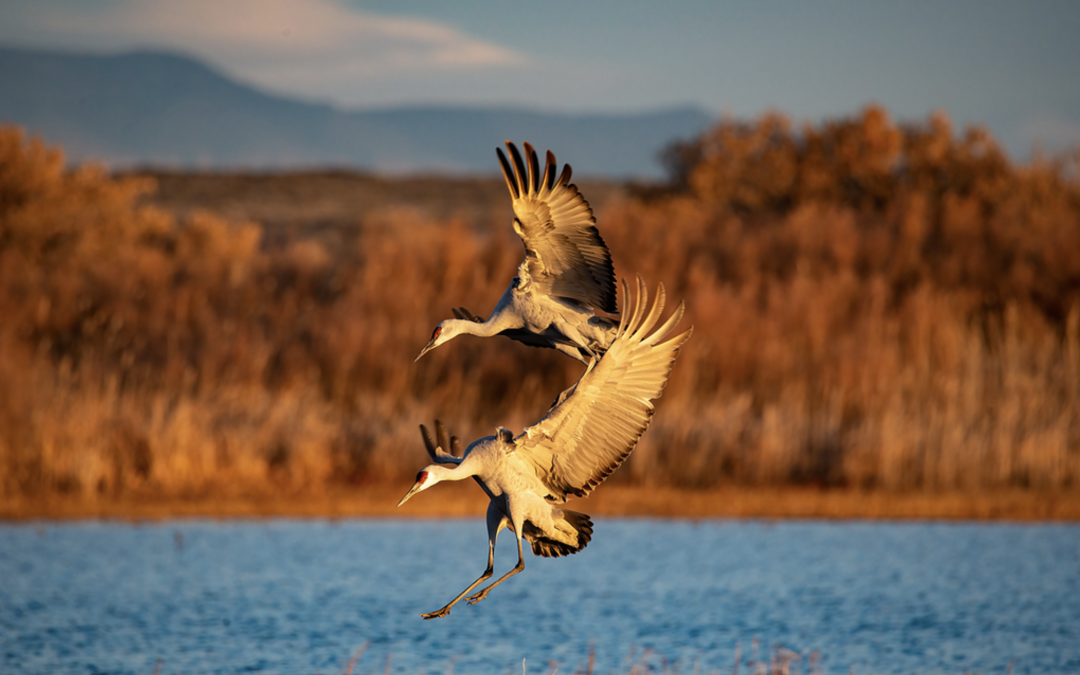
by radiocafe | Oct 28, 2024 | Down to Earth
On New Mexico’s Bosque del Apache National Wildlife Refuge, Don Boyd and David & Hui-Chun Johnson are restoring agricultural soils—to grow food for migrating waterfowl.
Learn more …

by radiocafe | Sep 3, 2024 | Down to Earth, Environment, Food & agriculture, Native & indigenous, Politics
Environmental historian Sara Dant’s book Losing Eden looks at the American West from the time of wooly mammoths to the near destruction of entire ecosystems—and the movement to bring nature and industry into balance.
Learn more …
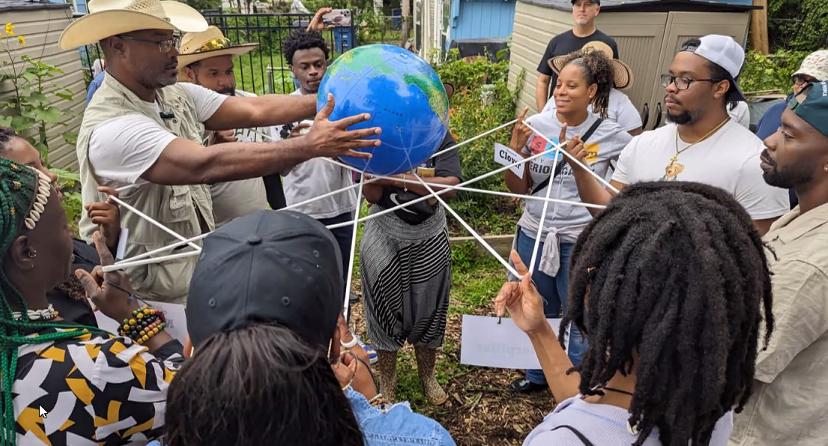
by radiocafe | Aug 6, 2024 | Down to Earth, Food & agriculture, Race/class/gender
P. Wade Ross‘s great grandfather was a runaway slave who bought land in Texas. On this land his descendants founded a non-profit that helps Black farmers and ranchers to succeed in regenerative agriculture.
Learn more …
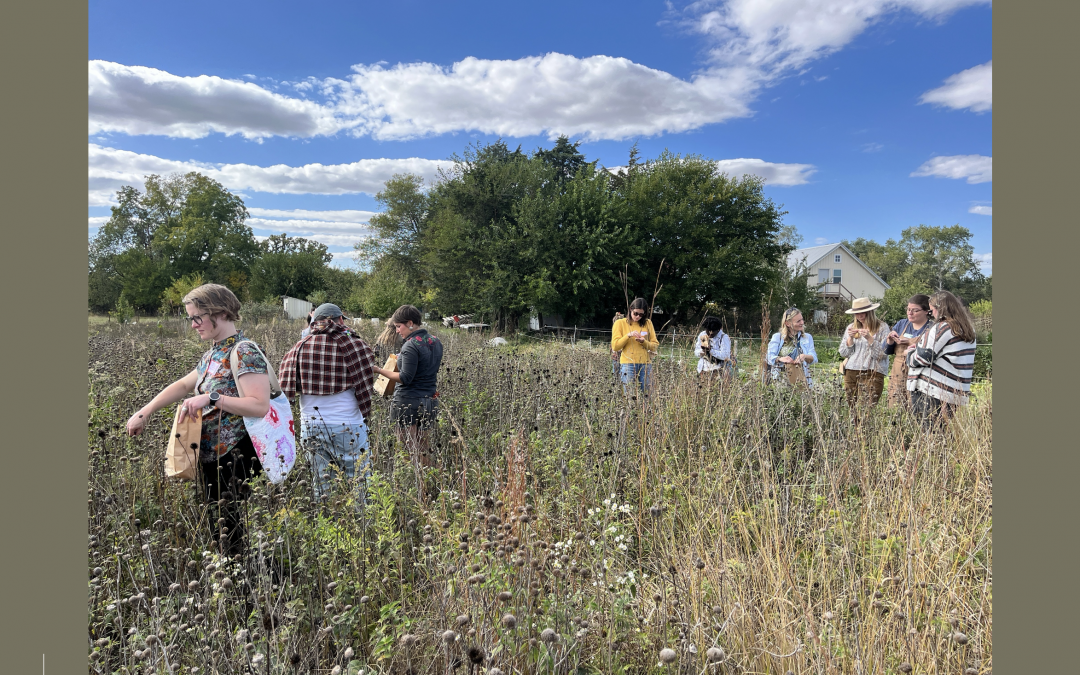
by radiocafe | Jul 23, 2024 | Down to Earth, Food & agriculture, New Mexico, Politics
Women farmers and ranchers have historically been at a disadvantage in many ways––equipment designed for male bodies, lack of access to credit and capital, and just not being taken seriously. We talk to Jules Salinas of Women, Food & Agriculture Network
Learn more …
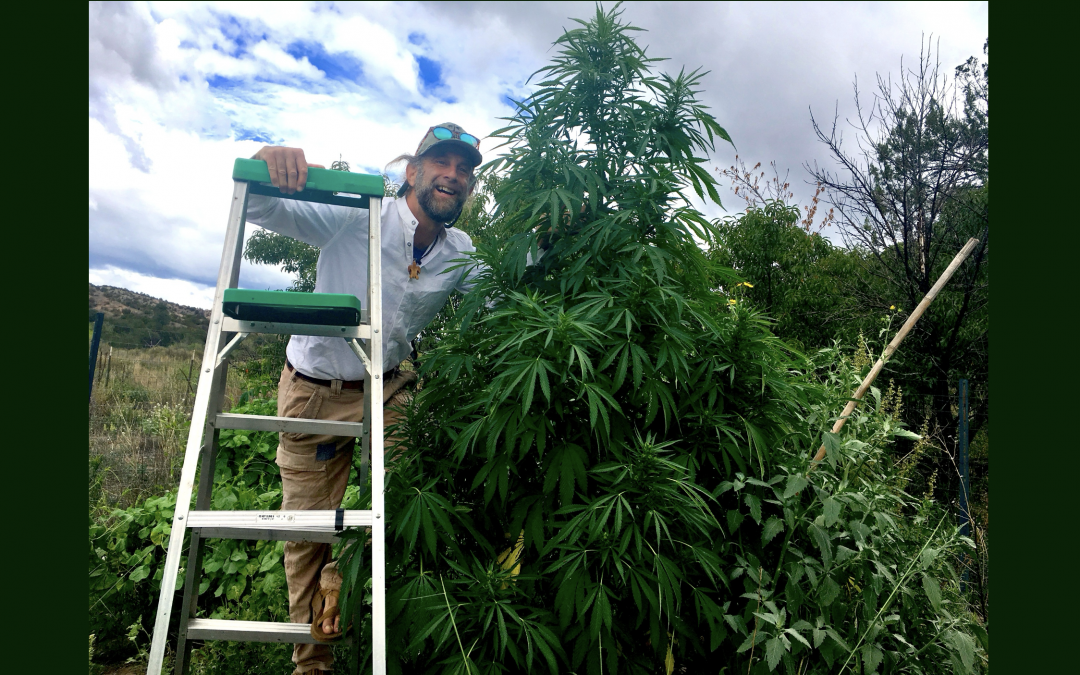
by radiocafe | Jul 7, 2024 | Arts & films, Books, Down to Earth, Environment, Food & agriculture, New Mexico
Journalist-filmmaker-farmer-comedian Doug Fine left the New York suburbs to settle in New Mexico, where he cultivates hemp as well as goats, chickens, and produce. He’s an advocate for regenerative farming and rural living.
Learn more …
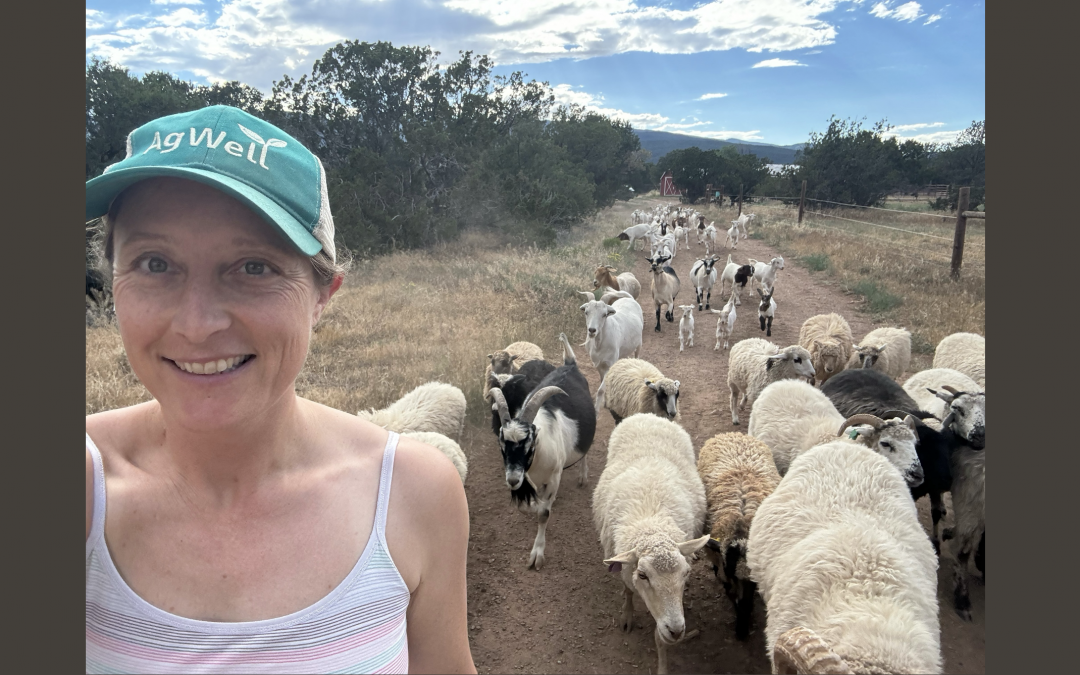
by radiocafe | Jun 26, 2024 | Down to Earth, Environment, Food & agriculture, New Mexico
Quivira Coalition’s executive director Sarah Wentzel-Fisher began as an artist and creative writer, and got interested in communities and food systems. Her path led to a life of both non-profit leadership and farming.
Learn more …
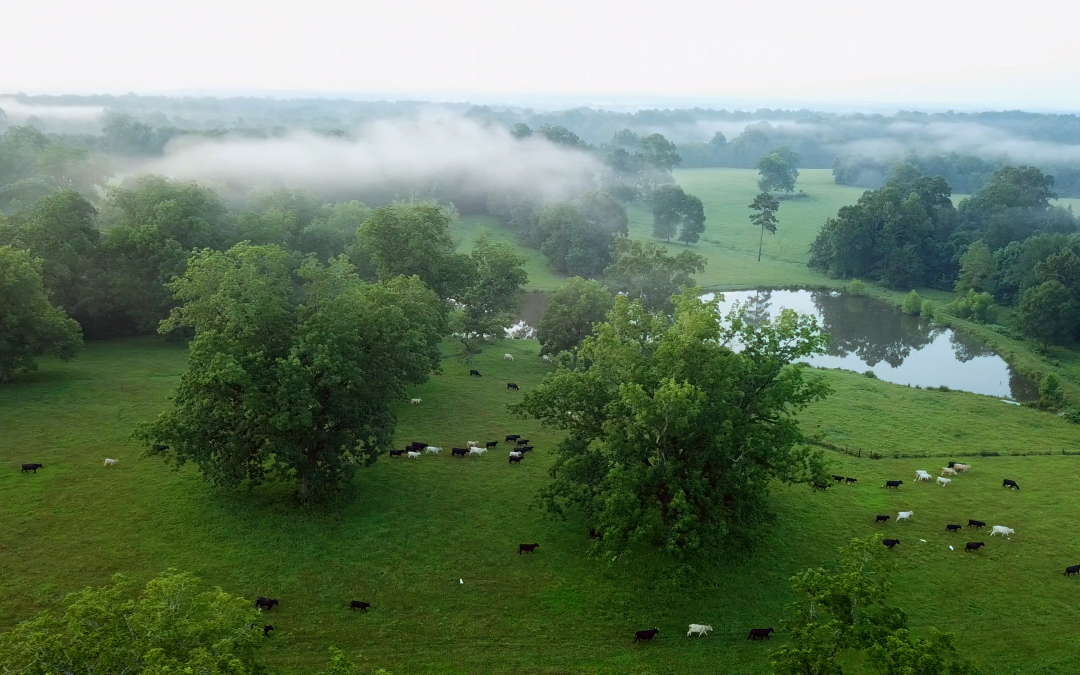
by radiocafe | May 28, 2024 | Down to Earth, Environment, Food & agriculture
Filmmaker Peter Byck assembled a group of maverick scientists to study regenerative and conventional grazing side by side. The result is an extraordinary new documentary, Roots So Deep You Can See the Devil Down There.
Learn more …
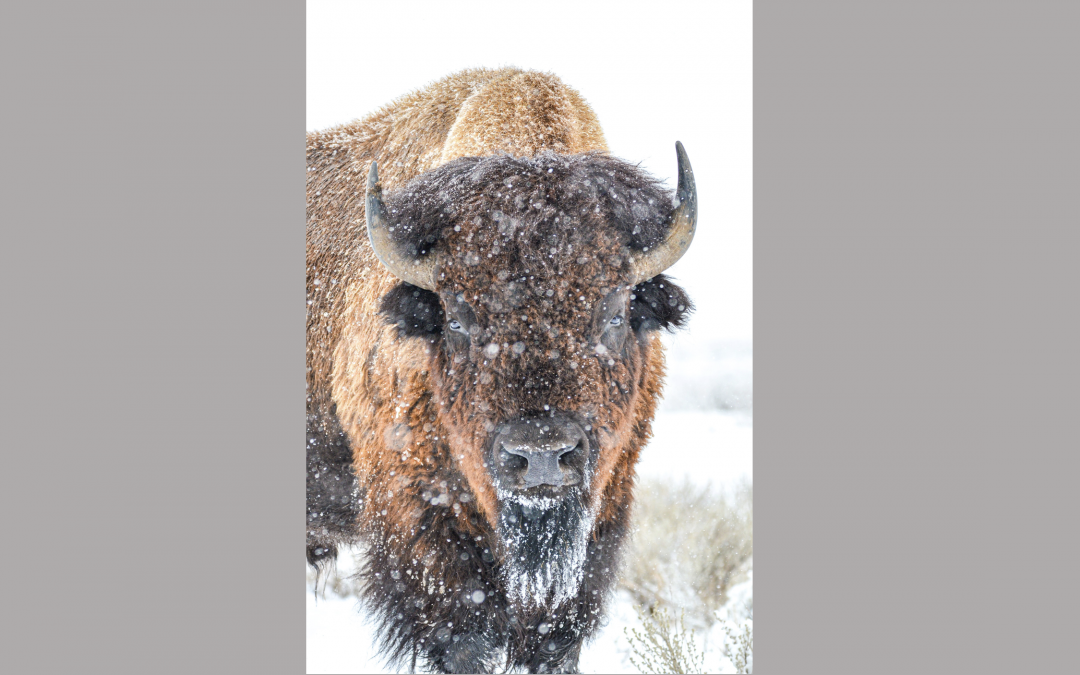
by radiocafe | Apr 16, 2024 | Down to Earth, Environment, Food & agriculture
Matt Skoglund was an attorney with a conservation non-profit, but over time was drawn to work on the land. With no prior agrarian experience he started a successful bison ranch using regenerative principles.
Learn more …










